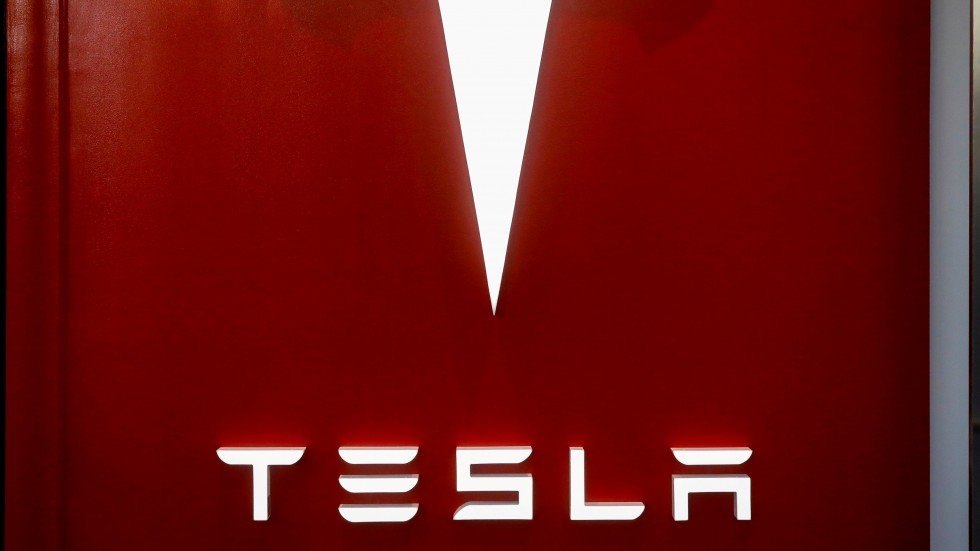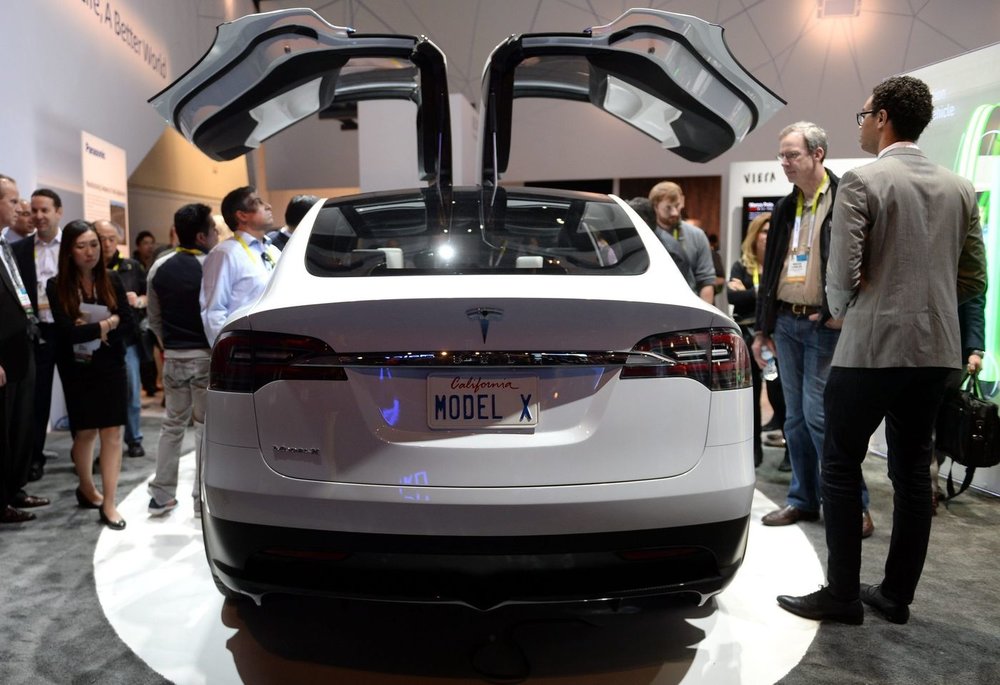Elon Musk broke the internet last week after he tweeted to his 22 million followers about plans to take Tesla private in a $420 shareholder bid. ‘Funding secured,’ he added at the end of the post, sending the electric car company’s shares soaring by 11 per cent by the end of the trading week.
Tesla’s board members, who were reportedly blindsided by the CEO’s twitter post, are now scrambling to pull off the acquisition, which could become the biggest deal of its kind in corporate history.

Elon Musk announced to his 22 million followers on Twitter that he planned to take Tesla private
Tesla and Musk Form Separate Committees
According to sources familiar with the situation, Tesla’s board is currently holding numerous meetings with potential investors and financial advisors in order to explore Elon Musk’s proposal to take the company private.
Reports suggest that members and shareholders are urging the Tesla chairman to recuse himself from the position while the company reviews his proposal. One of the sources said that while the board is preparing to set up their own committee to review the deal, Musk has taken a separate path and is meeting advisors independently to formalize the buyout.
Musk openly announced on Twitter last week that he was already discussing the matter with Saudi Arabia’s sovereign wealth fund which already has a 5% stake in Tesla. Sources revealed that the new committee under the company’s board consists of three independent directors who will advise Musk before he proceeds to formalize the proposal. None of the Tesla’s board members have revealed details about how the company plans to carry out the acquisition.
While Tesla has been hesitant to answer any queries regarding the proposal, Musk is continuously updating his followers on Twitter about his privatization plan. He recently wrote that apart from talking to the Saudi wealth fund, he is also being contacted by other potential investors who are willing to help him take his company out of Wall Street’s harsh light.
Funding Not Secured
The CEO says that he wants Tesla to have a ‘broad investor base’ even after the buyout although the company’s shares will no longer be traded publically on the stock market. Musk explained that he is currently being advised by Goldman Sachs and Silver Lake – which helped Dell Inc. go private in 2013, on financial matters whereas his special committee also includes Tolles & Olson, Lipton, Rosen, Katz and Munger and Wachtell to cover all legal aspects of the deal.
Meanwhile Tesla’s board members appointed Wilson Sonsini Goodrich & Rosati to sit on their separate committee for legal counsel. The Saudi Public Investment Fund has not made an official statement yet on whether it plans to commit more funds into the buyout proposal.
After Musk tweeted that he was willing to pay $420 per share to take Tesla private, many wonders how the company would come up with such a huge sum, considering that it hasn’t reported a single year of profitability so far.

Tesla’s buyout could become the biggest leveraged acquisition in the history of United States, even surpassing the Texas energy giant TXU’s $45 billion buyout in 2007
Potentially the Biggest Acquisition
Judging from Tesla’s continuous refusal to comment on the transaction, many are speculating that Musk didn’t plan out the financing before writing ‘funding secured’ on his twitter account. Although the company’s decision to exclude musk from the new committee isn’t an unusual move; when Michael Dell chose the path to privatization in 2012, Dell’s board of investors removed him from the review committee and the CEO ended up hiring his own advisers.
Just like Dell, Musk also owns a sizable stake of 20 per cent in his company which accounts for $59.3 billion in market capitalization. If Musk were to go through with his plans to take Tesla private for $420 per share, it would require $71 billion to complete the transaction.
A buyout of such magnitude could require over $10 billion in debt while $60 billion for equity, according a note from Barclays. Even after taking Saudi fund’s 5% investment into consideration, there is still a huge gap in funding that needs to be bridged with more investments in order to take out all of Tesla’s public shareholders.
According to analysts, if Musk successfully secures funding for the deal, it could become the biggest leveraged acquisition in the history of United States, even surpassing the Texas energy giant TXU’s $45 billion buyout in 2007. The company’s privatization goals eventually lead it to bankruptcy.










